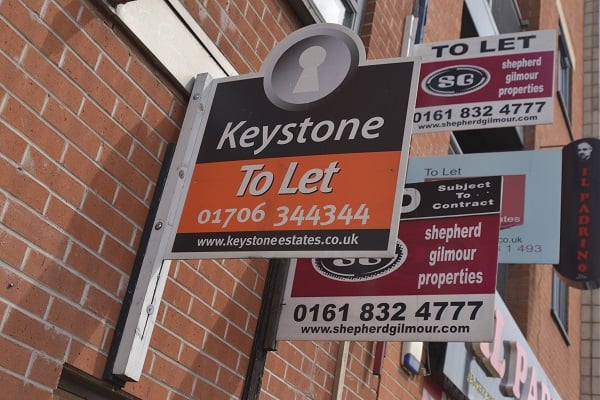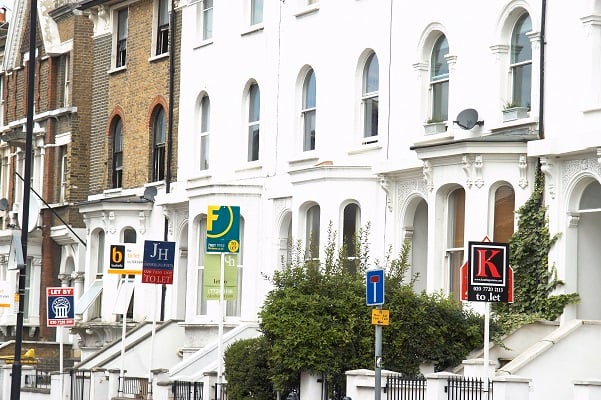If you have money that you’d like to invest, then property has, historically, been a safe and obvious choice. Everyone needs a place to live, and thus there will always be demand for housing.
But does buying a property with a view to renting it out still make sense in today’s high-interest economic climate? Let’s take a look at a few of the upsides and downsides.
What are the pros of investing in property to rent?
First, lets’s consider the positives.
The most obvious of these is the rent that you’re generating from tenants. Every month, you’ll get a steady return on your investment. If you’ve entrusted the actual management of the property to a lettings agent, then the income might be entirely passive.
We should also consider the possibility that your property will increase in value over time. This isn’t something that’s guaranteed (or at least, not to the degree it was during the era of rock-bottom rates and ever-climbing prices). But it’s certainly likely.
There are also tax benefits to owning property. These benefits aren’t quite as considerable as they once were, to be sure. But you can still offset a portion of your mortage interest payments against your tax bill.
Finally, for some investors, property is a great way of diversifying a portfolio. By buying a house or two, you might dilute the risk to which you’re exposed.
What are the cons of investing in property to rent?
There are also several substantial downsides to this form of investment.
Property, for one thing, tends to be expensive. You’ll therefore need cash available to make this kind of investment – even if you’re funding it through borrowing. And, even once the one-off outlay has been accounted for, you’ll still need to factor in ongoing costs like taxation, insurance and maintenance.
One problem that’s unique to this form of investment is that you, as the landlord, will be held responsible for what goes on in your rental property. For this reason, vetting would-be tenants is critical. But so is investing in the right landlord’s insurance, so that you’re covered in the event of something going awry.
We should also think about the lack of liquidity you’ll have to endure as a property investor. Property is notoriously difficult to sell quickly – and the attempt to do so can mean taking a financial hit. Therefore, you’ll want to start investing from a position of financial security.
Working as a landlord isn’t for everyone. You’ll need a sound plan before you start to invest. If you have strong knowledge of the area in which you’re buying, and you have the right measures in place to guard against potential problems, then there’s no reason you can’t make a success of it.






Leave a Comment